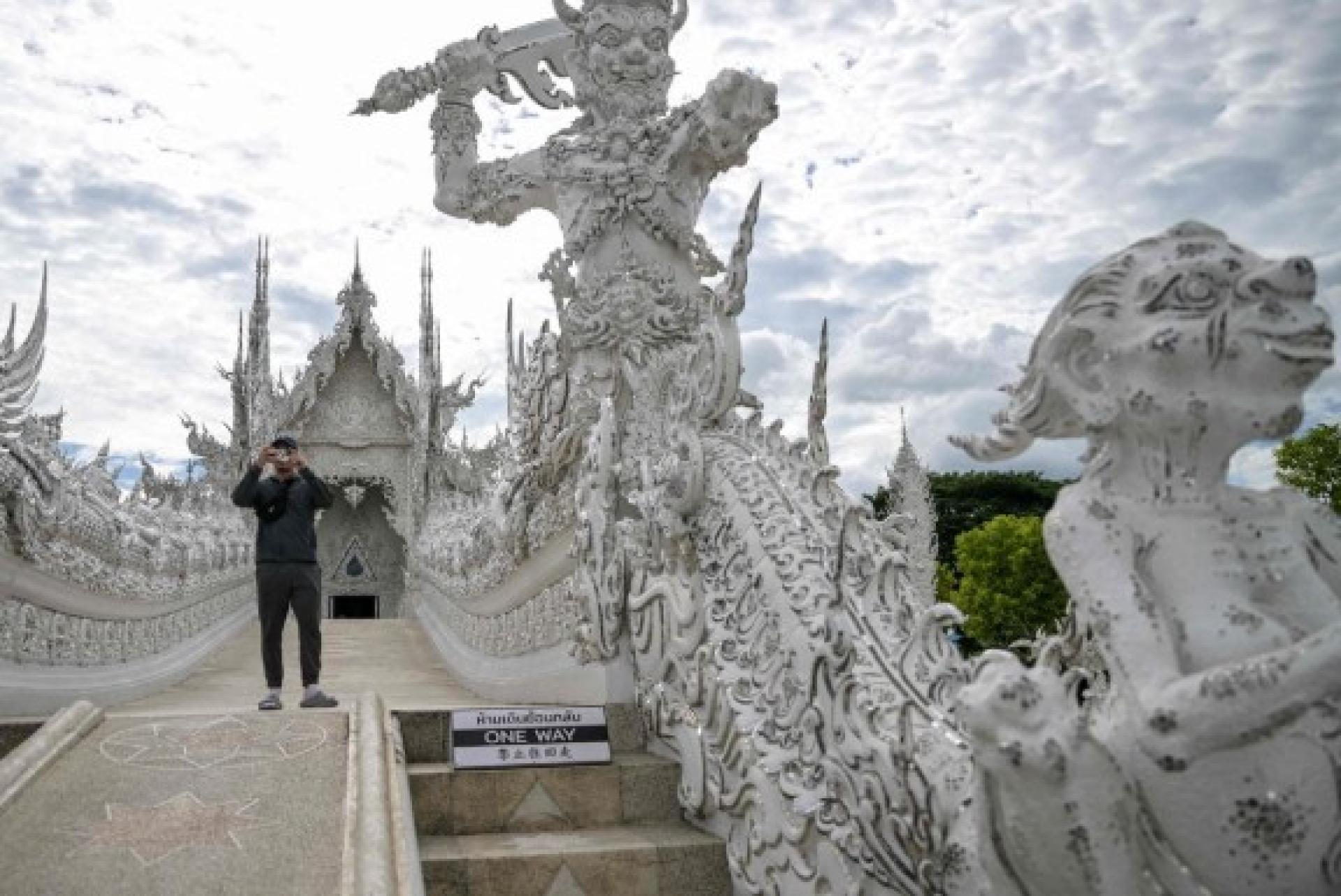(Bangkok, 28th) Krungsri Bank’s Senior Executive Vice President, Chairman Kusa, said that tensions along the Thai-Cambodian border could have widespread impacts on Thailand’s economy, investment, and tourism sector, especially during the year-end tourism high season.
According to Thai Headline News Agency, Kusa stated during a financial lecture on the 27th that Thailand must manage the situation quickly to prevent the conflict from escalating or dragging on. The more intense the conflict, the more it deepens the international community's impression of Thailand as "unstable," undermining the confidence of foreign investors and tourists in Thailand.
He pointed out that the current situation will become a "memory label" for foreigners regarding Thailand. Whether in investment, business, or tourism, people will feel that Thailand is unsafe. Yet tourism remains the key hope supporting Thailand’s economy this year.
Although the number of tourists grew by 20% at the beginning of 2025, since the Lunar New Year in February, the tourism industry has continued to decline by 15%, resulting in an overall contraction of 4.66% for the first half of the year. This decline has been affected by negative news such as kidnapping incidents and earthquakes. While such incidents might be forgotten in three or four months, if the Thai-Cambodian border conflict is not resolved quickly, it could cause long-term negative impacts.
He emphasized that this issue must be resolved swiftly through diplomatic and military means, as the current losses are "unnecessary" and could be completely avoided through serious dialogue.
In addition, he warned that the situation could spill over to neighboring countries, such as Laos. Regional turmoil would further impact foreign direct investment and the overall tourism sector, posing risks to the entire region. Therefore, all relevant parties must act immediately to prevent the situation from spreading.
According to Thai Headline News Agency, Kusa stated during a financial lecture on the 27th that Thailand must manage the situation quickly to prevent the conflict from escalating or dragging on. The more intense the conflict, the more it deepens the international community's impression of Thailand as "unstable," undermining the confidence of foreign investors and tourists in Thailand.
He pointed out that the current situation will become a "memory label" for foreigners regarding Thailand. Whether in investment, business, or tourism, people will feel that Thailand is unsafe. Yet tourism remains the key hope supporting Thailand’s economy this year.
Although the number of tourists grew by 20% at the beginning of 2025, since the Lunar New Year in February, the tourism industry has continued to decline by 15%, resulting in an overall contraction of 4.66% for the first half of the year. This decline has been affected by negative news such as kidnapping incidents and earthquakes. While such incidents might be forgotten in three or four months, if the Thai-Cambodian border conflict is not resolved quickly, it could cause long-term negative impacts.
He emphasized that this issue must be resolved swiftly through diplomatic and military means, as the current losses are "unnecessary" and could be completely avoided through serious dialogue.
In addition, he warned that the situation could spill over to neighboring countries, such as Laos. Regional turmoil would further impact foreign direct investment and the overall tourism sector, posing risks to the entire region. Therefore, all relevant parties must act immediately to prevent the situation from spreading.
